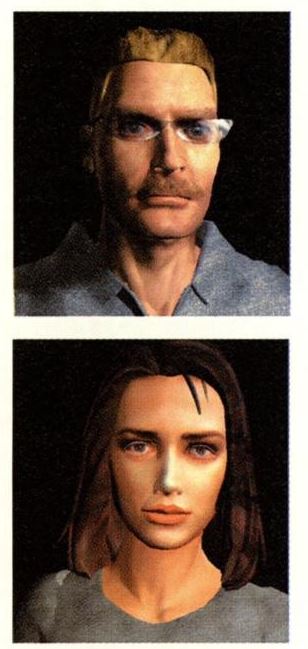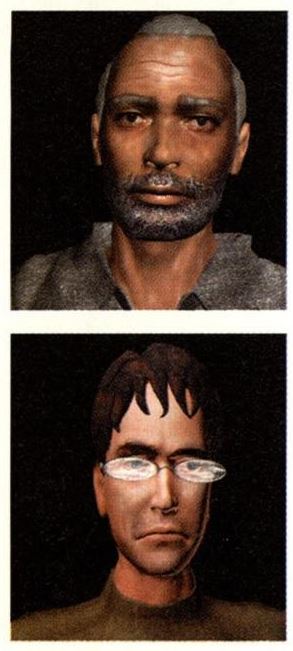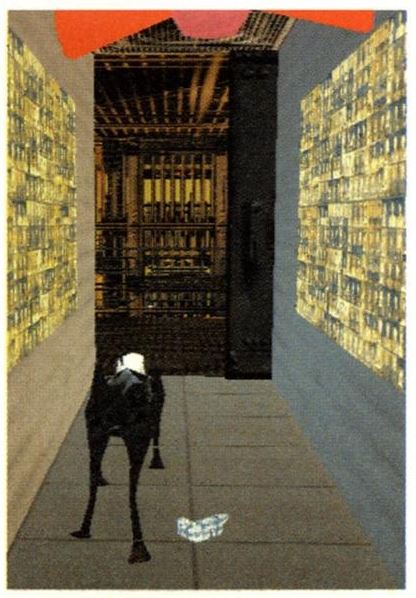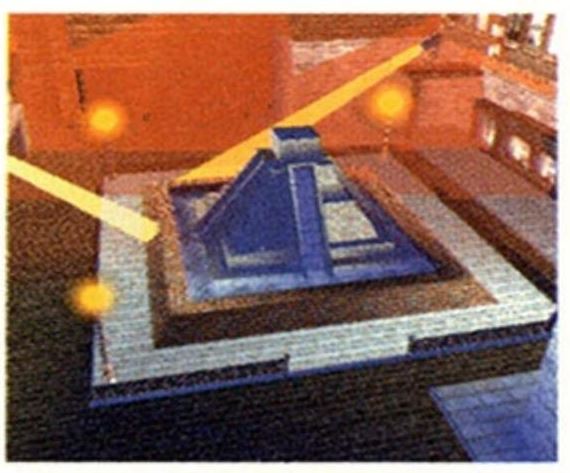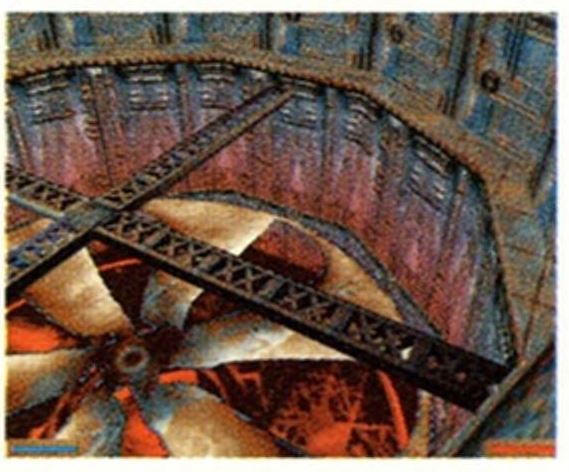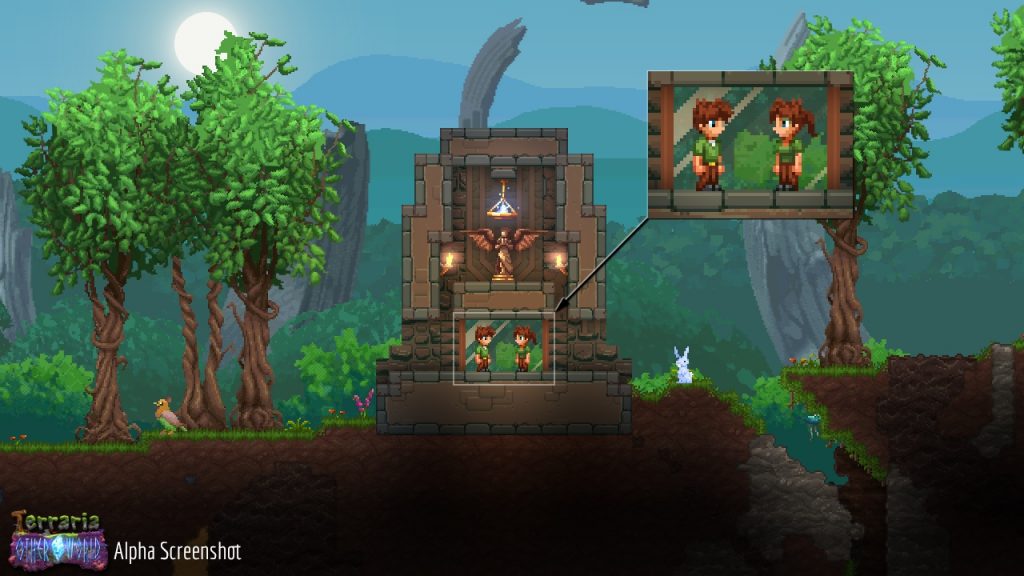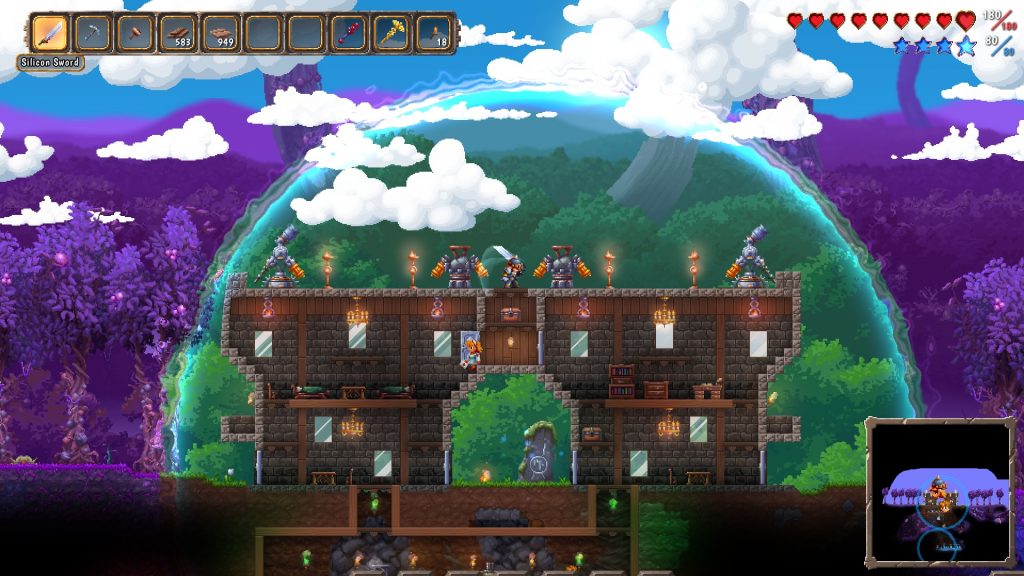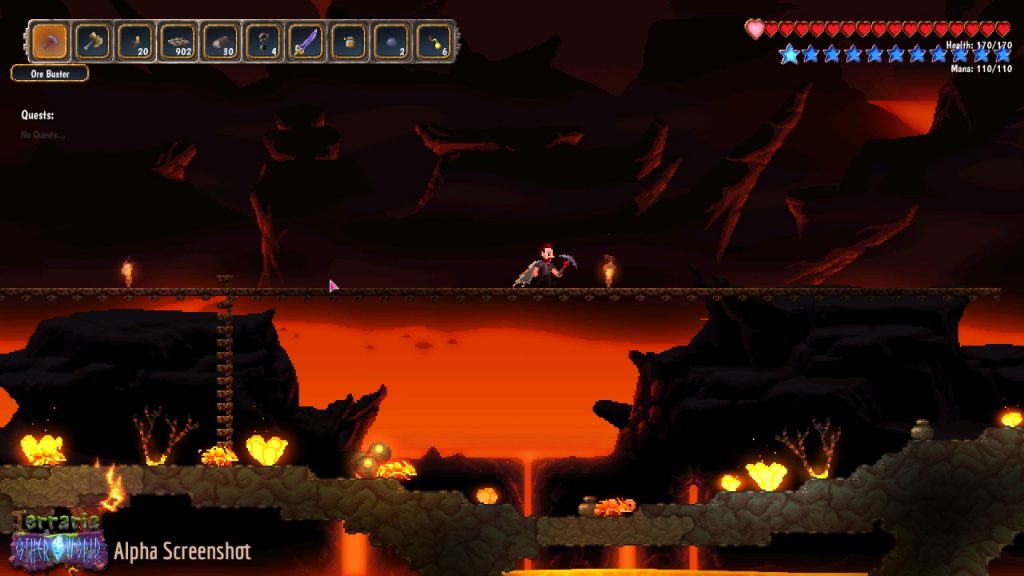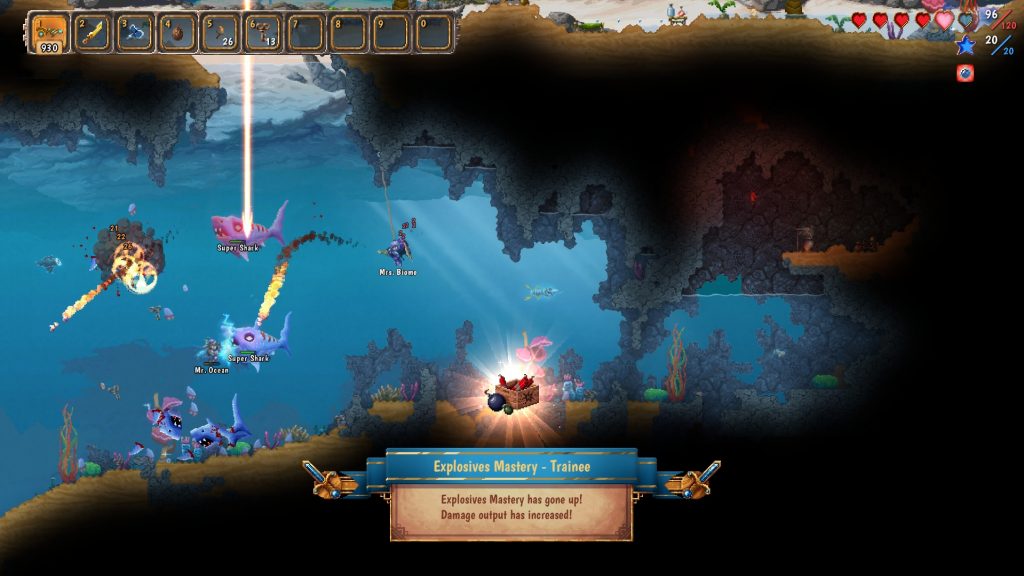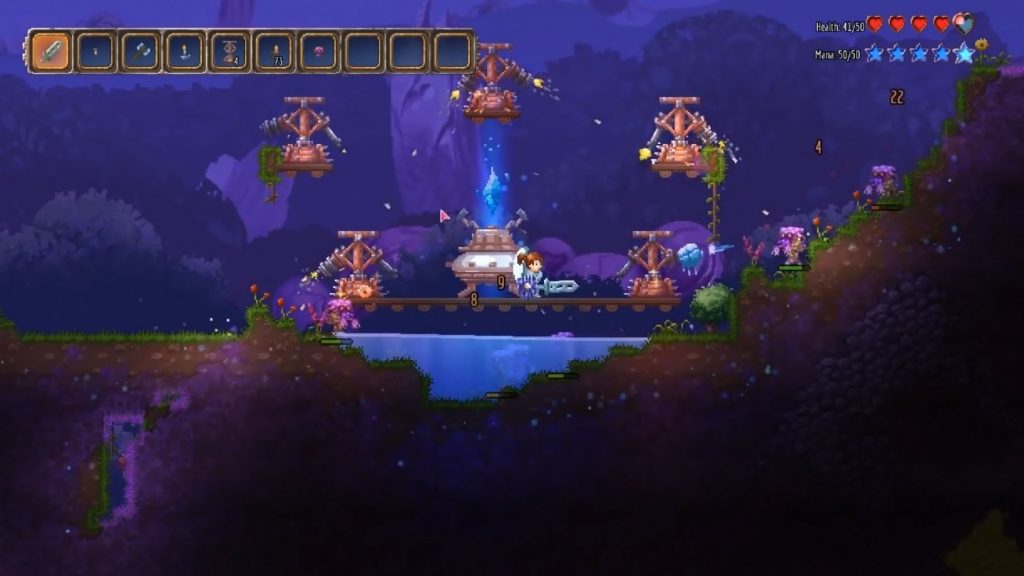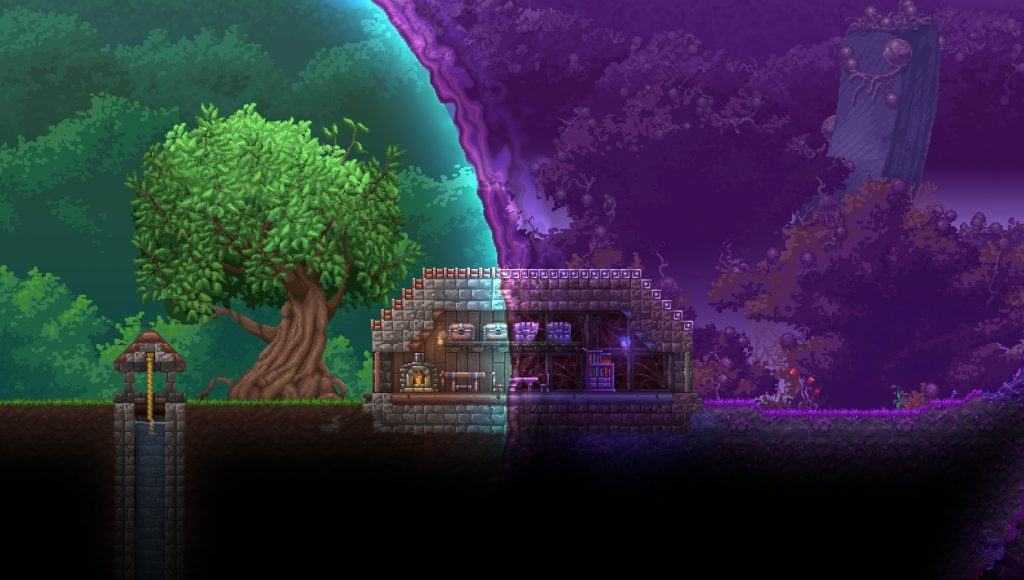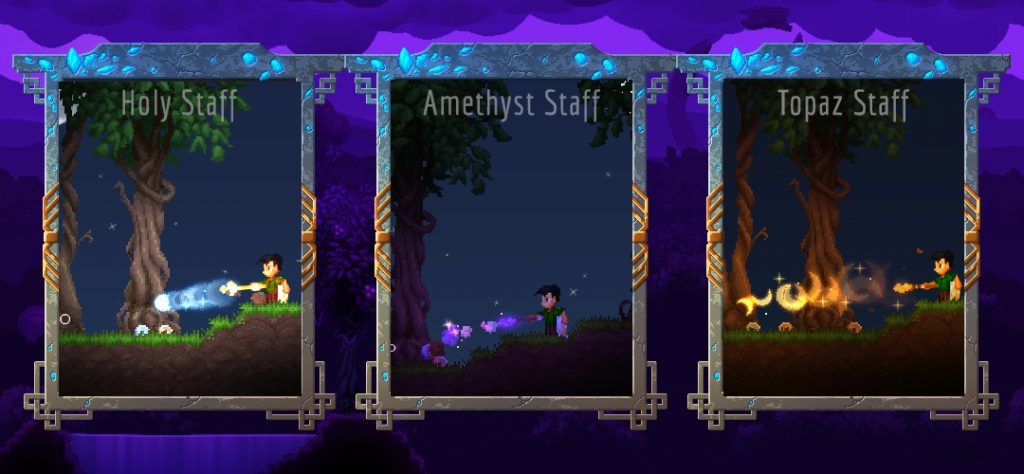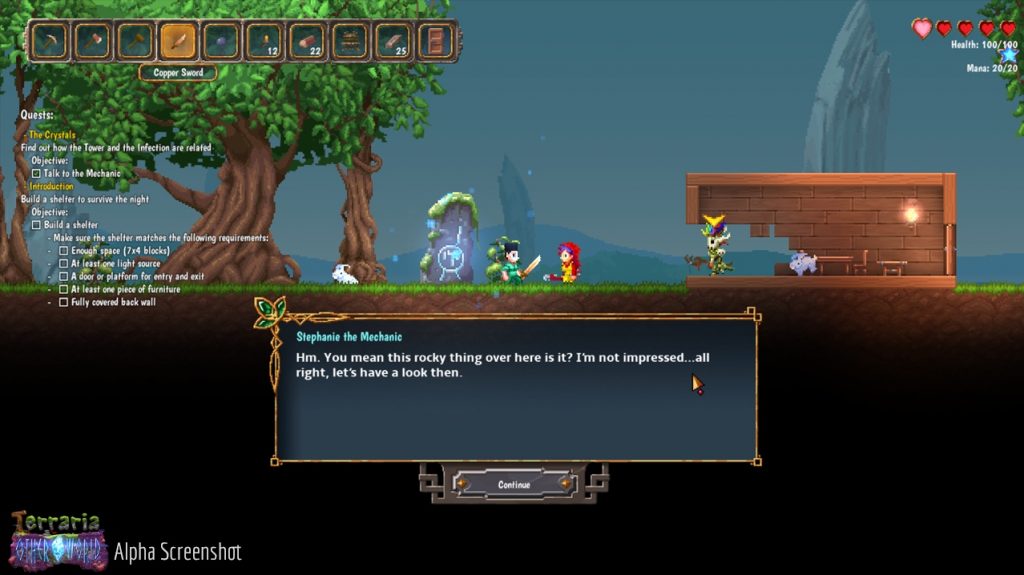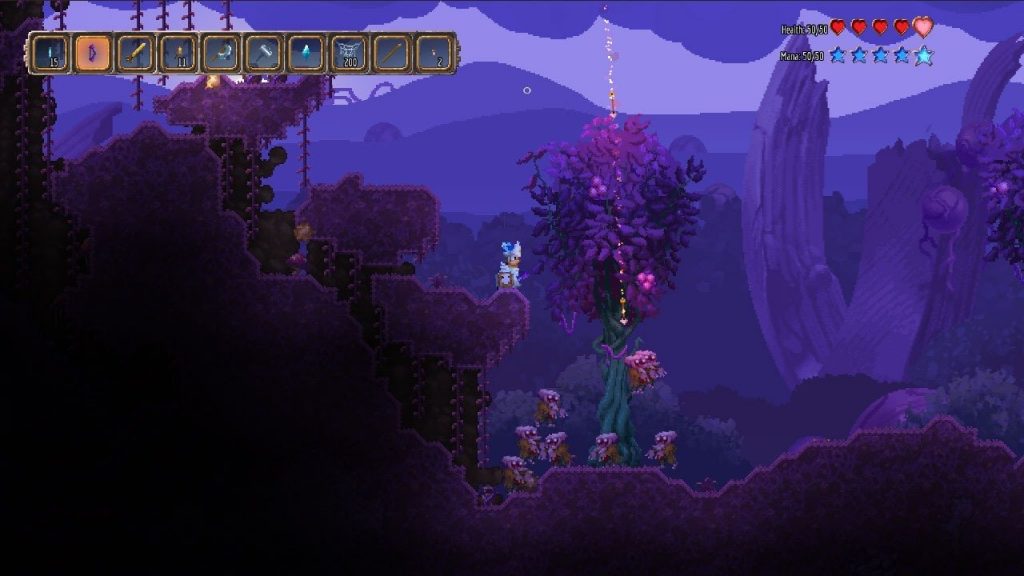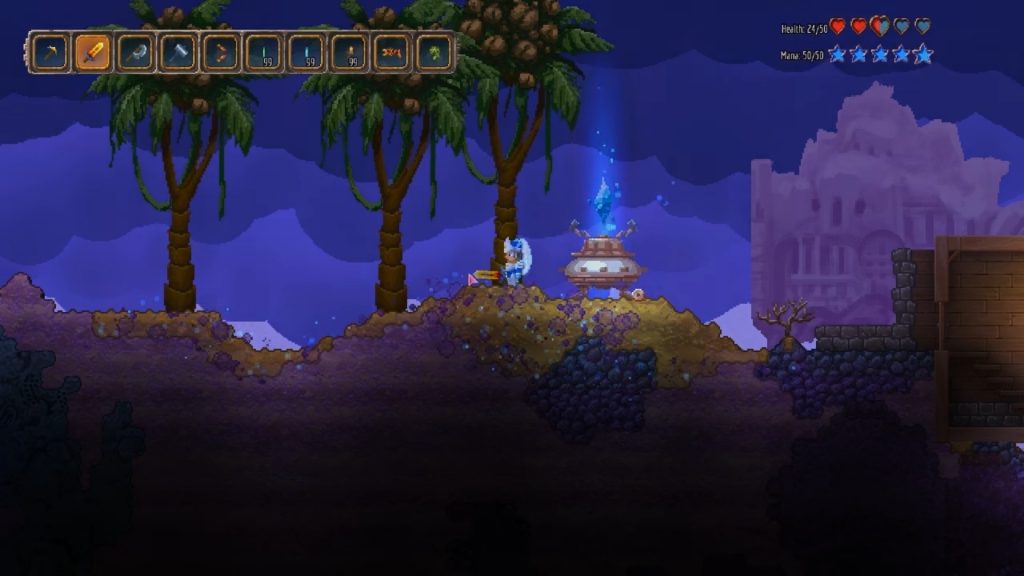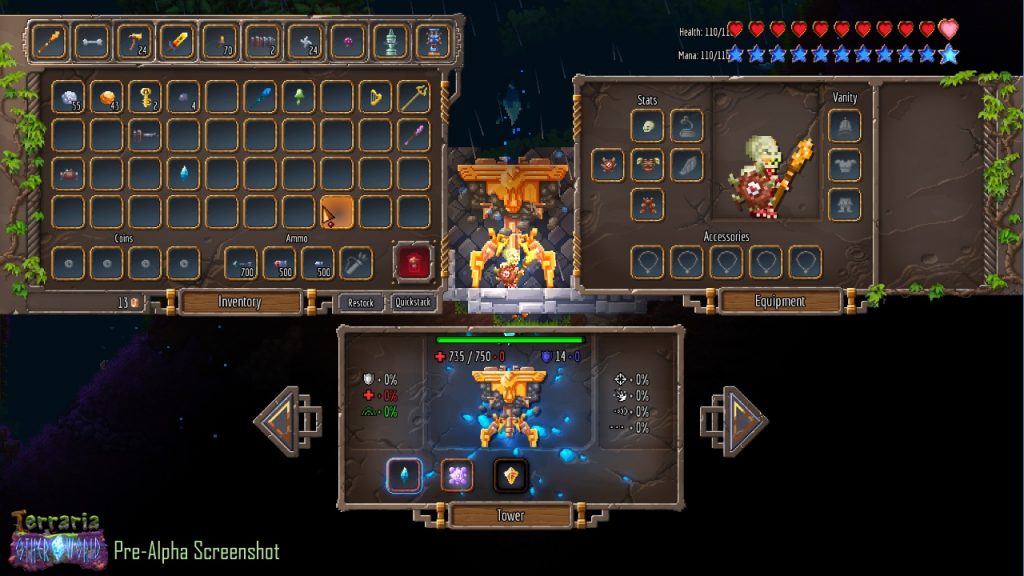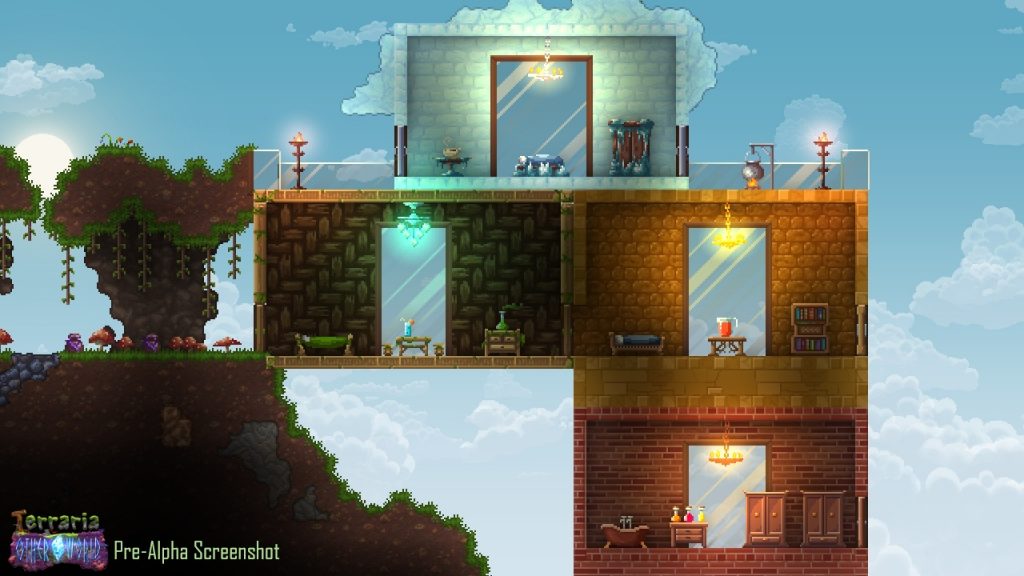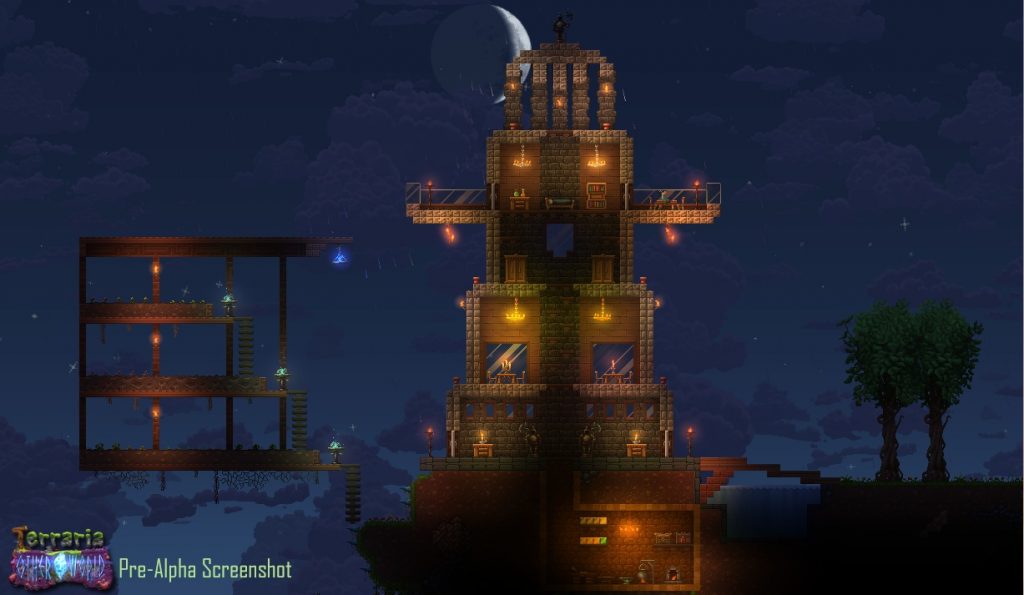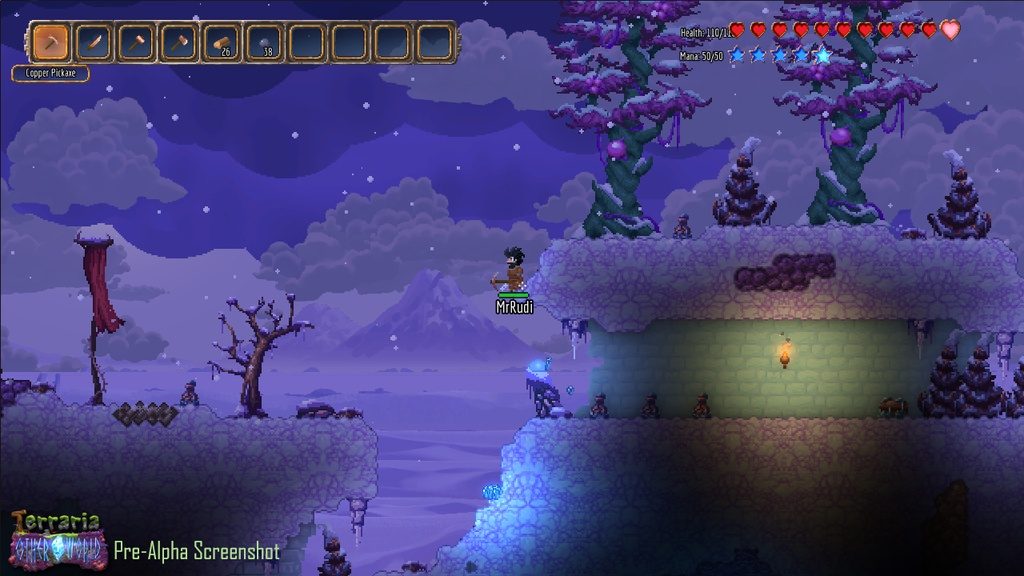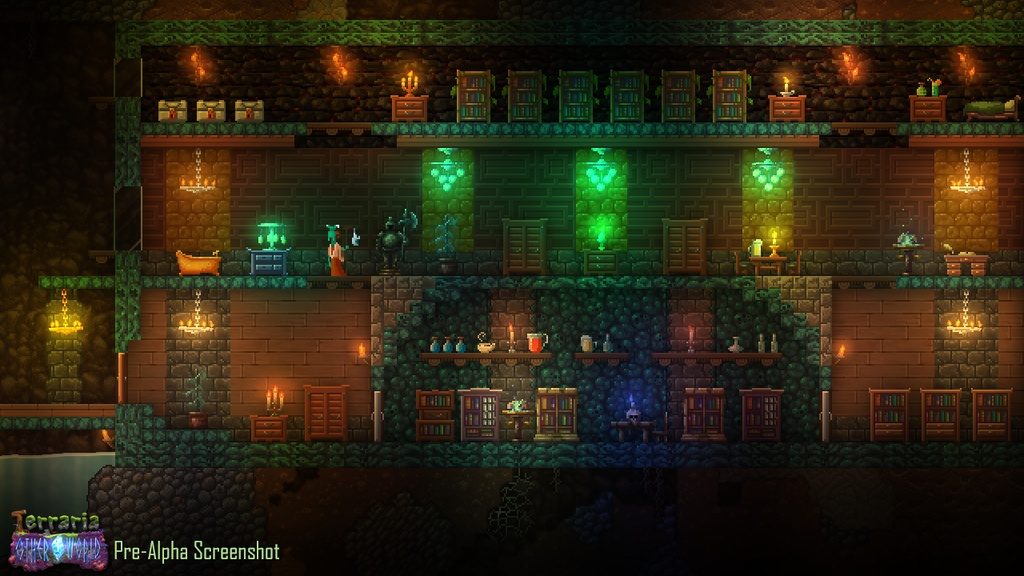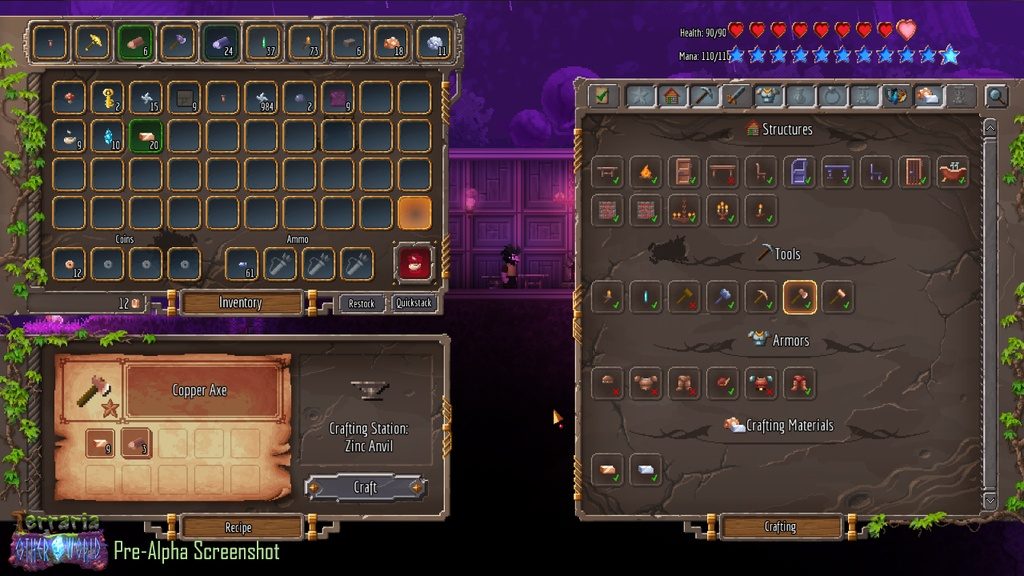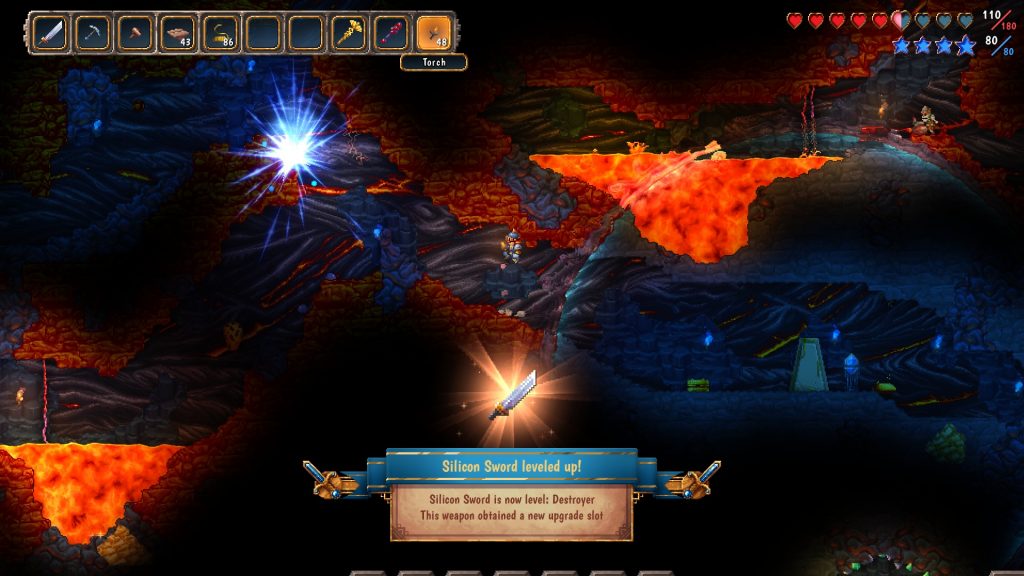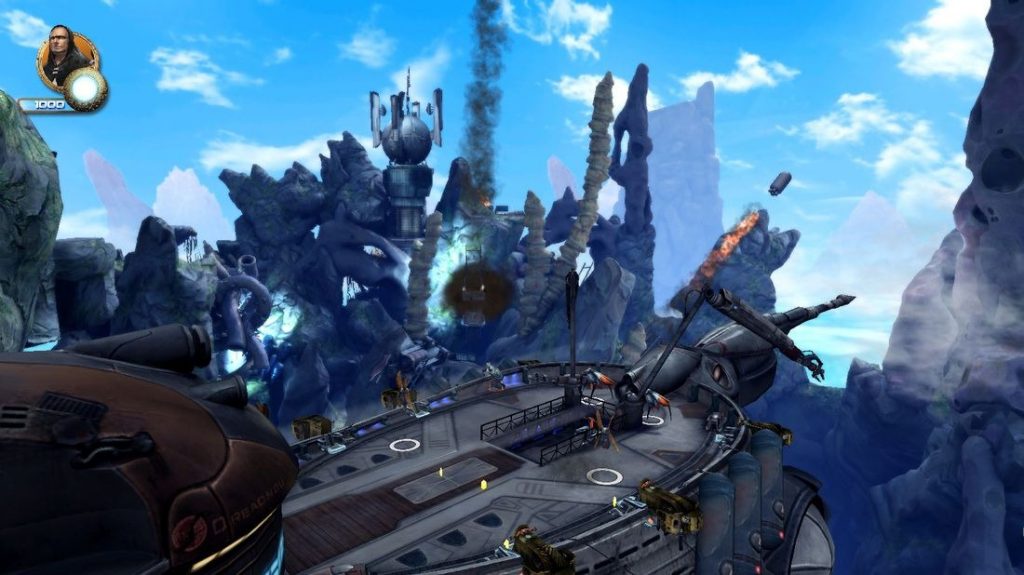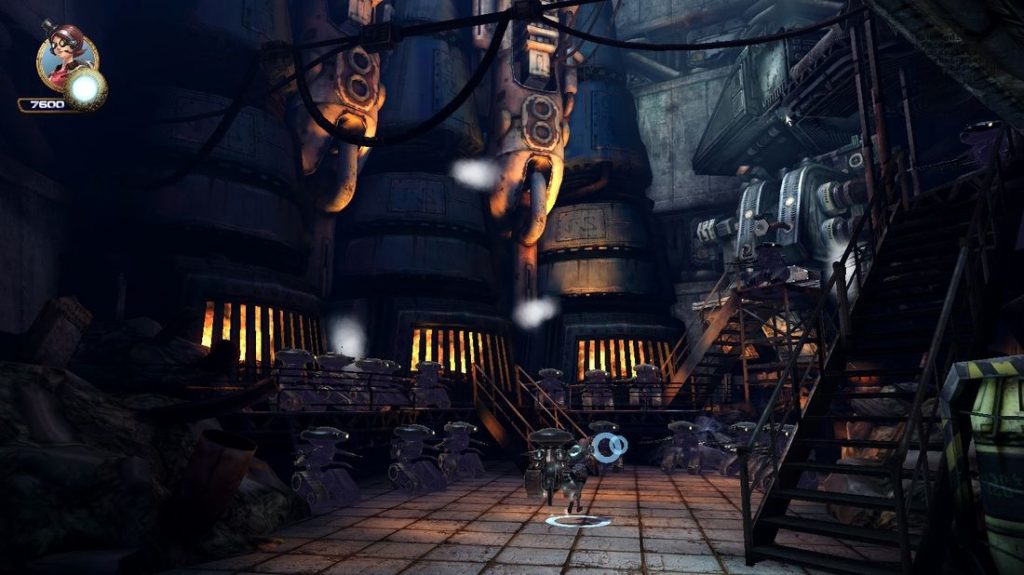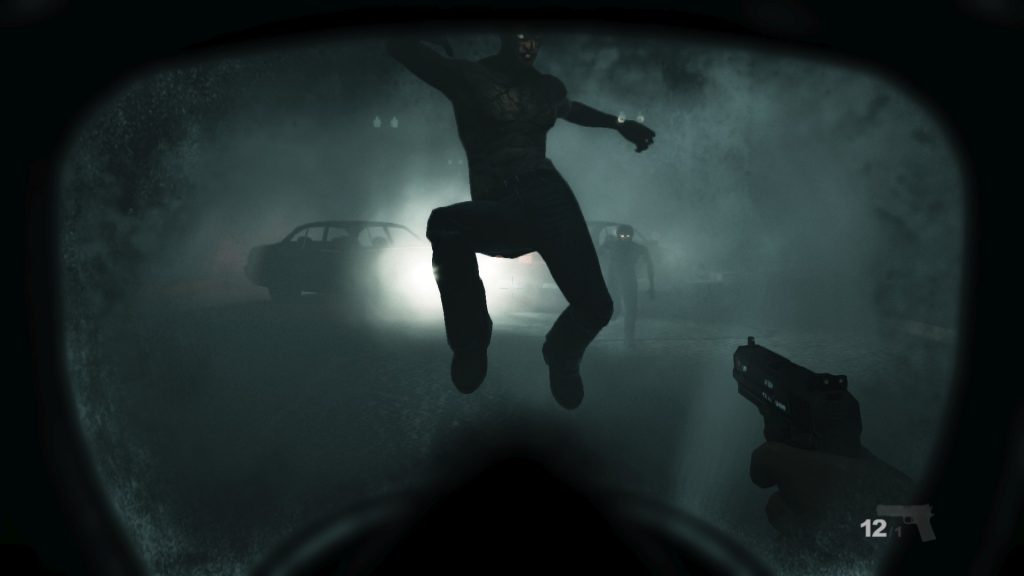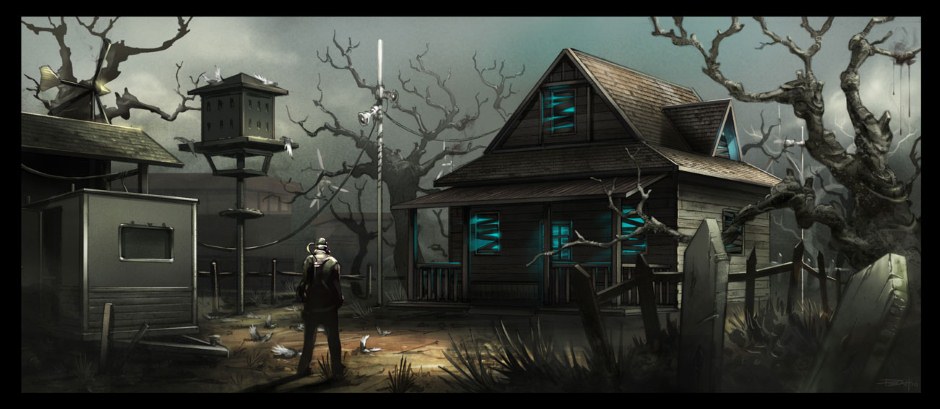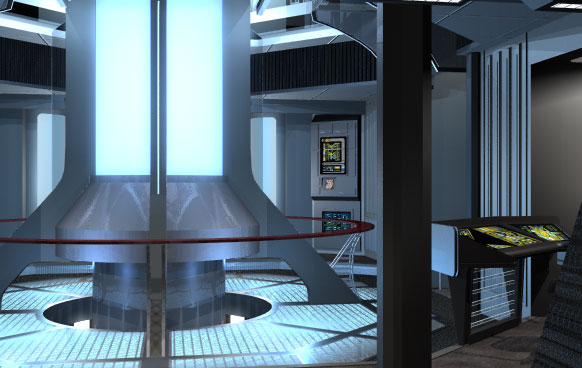Big Brother is a cancelled point and click adventure game based on the book 1984 by George Orwell. The project was in development by Media X around 1998, planned to be released on PC. We only know about this lost game thanks to a preview published in Next Generation magazine (Issue 48) in December 1998, but we cannot find anything else on Media X online: they seems vanished forever with no trace.
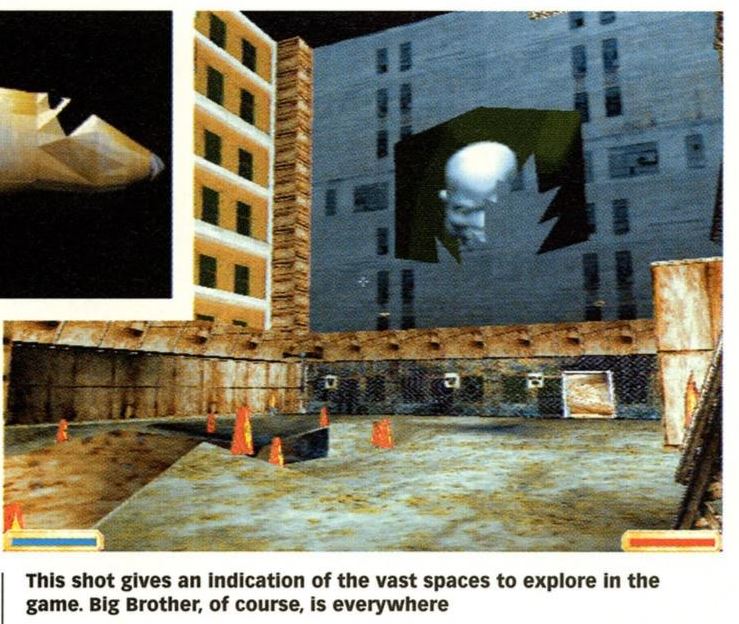
In the original preview we can read:
“LucasArts’ Hal Barwood has made the excellent point before that unless adventure games stay on the cusp of technology, they are doomed as a genre. Enter Media X. The company’s goal is nothing short of redefining the traditional adventure game.
To that end, the company has discarded the 2D point-and-click interface that has dominated the genre since the death of infocom. In its place is a realtime 3D engine and a combination of inventory, slider, and Mario-style environment puzzles. To reduce player confusion – a common problem for anyone who has played Myst or its descendants – text messages (for instance, “You unlock the steam vent”) appear on the screen at appropriate times.
Initially disconcerting, these messages quickly blend in and enable players to concentrate on the game without wondering what they are supposed to be doing. That’s good because the game should be exceptionally difficult on its own.
Set in George Orwell’s 1984 universe, players must rescue their fiancee from the Thought Police. It’s a simple goal, but one that requires traversing 12 levels and solving hundreds of puzzles (there were originally 60 levels, but since early play testing indicates that each level takes about five hours, the number was culled).
Graphically, the game should be very impressive. Media X has created an original first-person 3D engine for the game, and, notably, the textures are very, very high-resolution, with little or no blurry filtering noticeable (the game will require a 3D card to run), even when directly against objects. The art direction is equally good: The plot is slightly different from that of 1984, with a corrupt regime that’s crumbling even more than in the book. The disintegration has carried over well – think crumbling brick buildings and steam vents.
Sales of adventure games (and publisher support for them) is down, but if ambitious projects like Big Brother and GT’s Wheel of Time manage to become hits, this genre could quickly pick up momentum. Based on early looks. Big Brother has a better chance to help the flailing genre than anything else we’ve seen in years.”
Sounds promising? Maybe it could have been..
If you know someone who worked at Media X and could help us to preserve something more on their lost game, please let us know!
Images:


